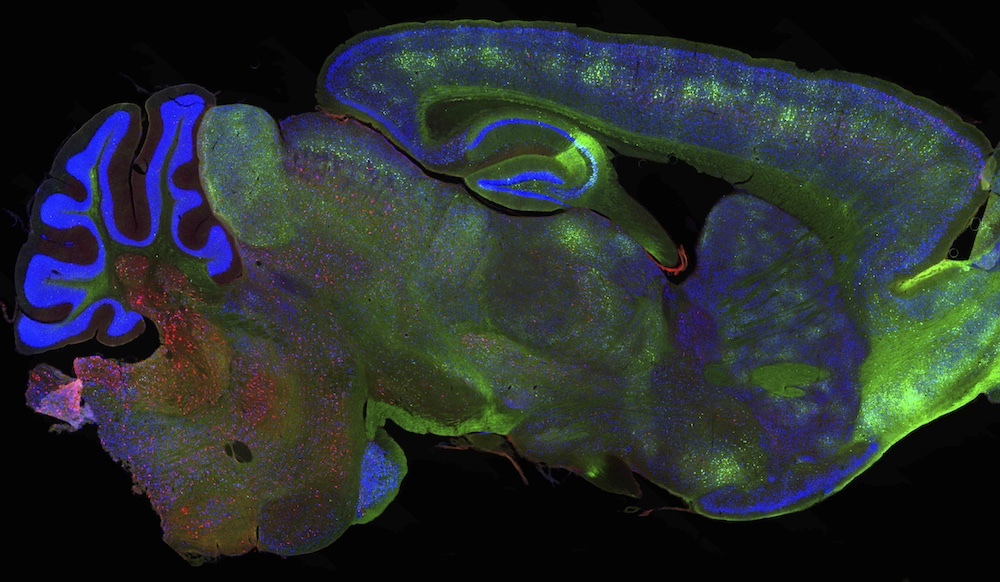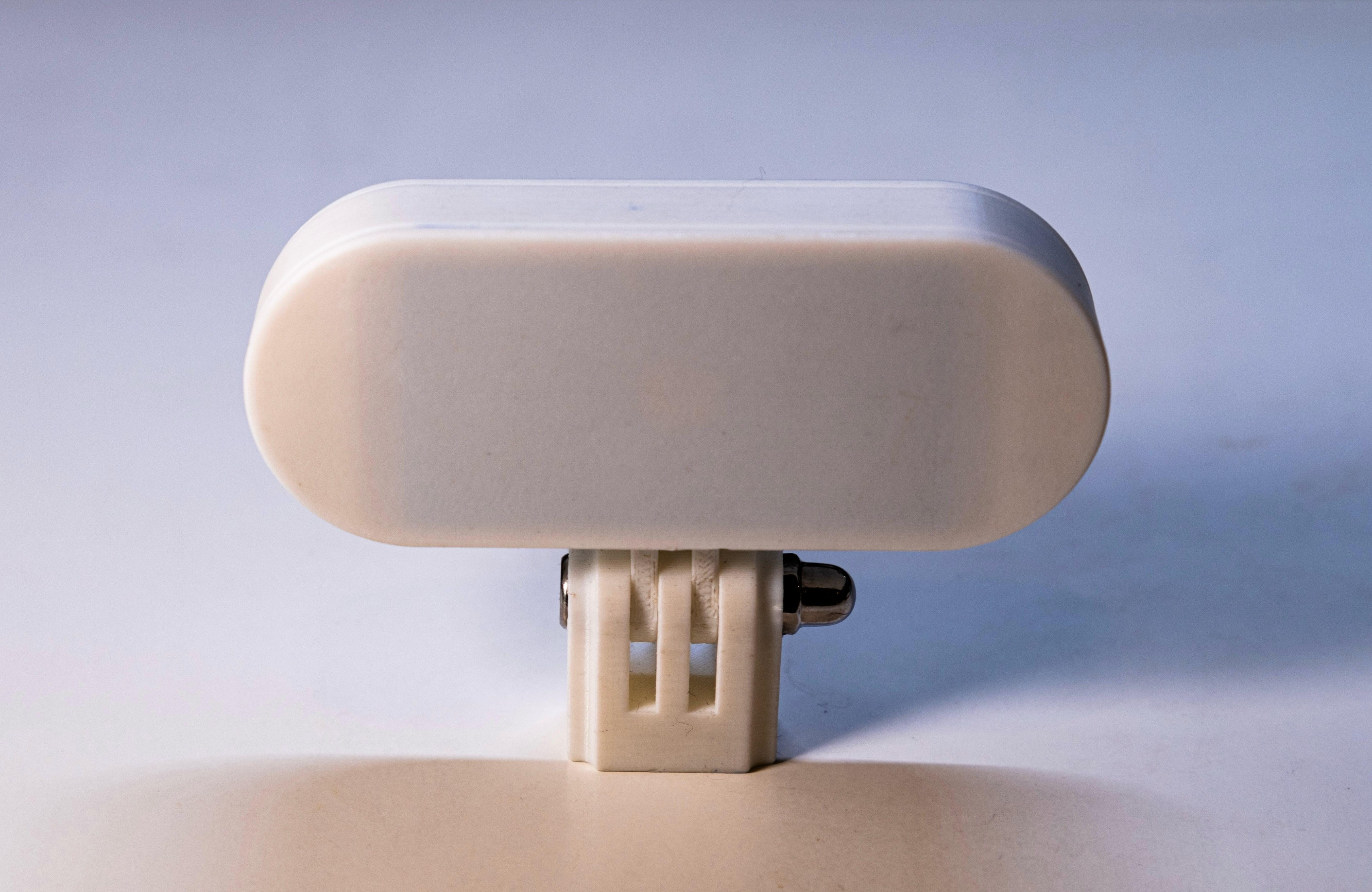Prof Timothy Constandinou is working on pioneering radar technology (pictured above) that is about to be deployed into people’s homes for the first time. We caught up with Tim to find out more about the potential impact of these devices.
In the search for a possible solution for people who are affected by Huntington’s, Prof Vincent Dion has developed an innovative gene editing technique, harnessing technology based on CRISPR to correct the mutation and halt the progression of the disease. We spoke to him to learn more.
Prof Will McEwan and his team are working to develop effective and safer immunotherapies for neurodegeneration by taking manipulating mechanisms by which our cells eliminate viruses.
At the forefront of translating discoveries into life-changing treatments for motor neuron disease and frontotemporal dementia, Prof Adrian Isaacs discusses his research journey so far and how the fruit fly is revolutionising our understanding of these conditions.

This World Alzheimer’s Month we’re delighted to introduce three new UK DRI Emerging Leaders: Dr Maura Malpetti, Dr Anna Mallach, and Dr Valeria Jaramillo. All have been awarded prestigious fellowships before joining the programme. The new researchers join the existing cohort to make a total of 13 current Emerging Leaders.
Find out more
Effects of reduced blood flow in early Alzheimer’s reversed by repurposed drug
A new mouse study led by Prof David Attwell (BHF-UK DRI Centre for Vascular Dementia Research) has found that a repurposed drug could reverse the effects of the decrease in brain blood flow that occurs in early Alzheimer’s.
Find out more
Promising new Alzheimer’s treatment targets and destroys tau aggregates

A team of scientists co-led by Prof Will McEwan (UK DRI at Cambridge) and the Medical Research Council Laboratory of Molecular Biology (MRC LMB) have developed new therapies that selectively remove aggregated tau proteins, which are associated with Alzheimer’s disease, and improve symptoms of neurodegeneration in mice.
Find out more
Speeding up and slowing down brain waves whilst in rapid eye movement sleep
Brain waves can be manipulated whilst in rapid eye movement (REM) sleep, a sleep stage associated with memory and cognition, a new study led by Prof Derk-Jan Dijk and Dr Valeria Jaramillo (UK DRI Care Research & Technology) has found. Novel technology, using sound stimulation, allows scientists to speed up brain activity which becomes slower in people with dementia during this sleep stage.
Find out more
Keep in touch
Stay updated on all the latest breakthroughs in dementia research and exciting initiatives from the Institute by signing up to the UK DRI’s monthly e-newsletter ‘Inside Eye on UK DRI’.
Article published: 20 September 2024
Image credits: Imperial College London, Timothy Constandinou, UK DRI Ltd., MRC LMB





